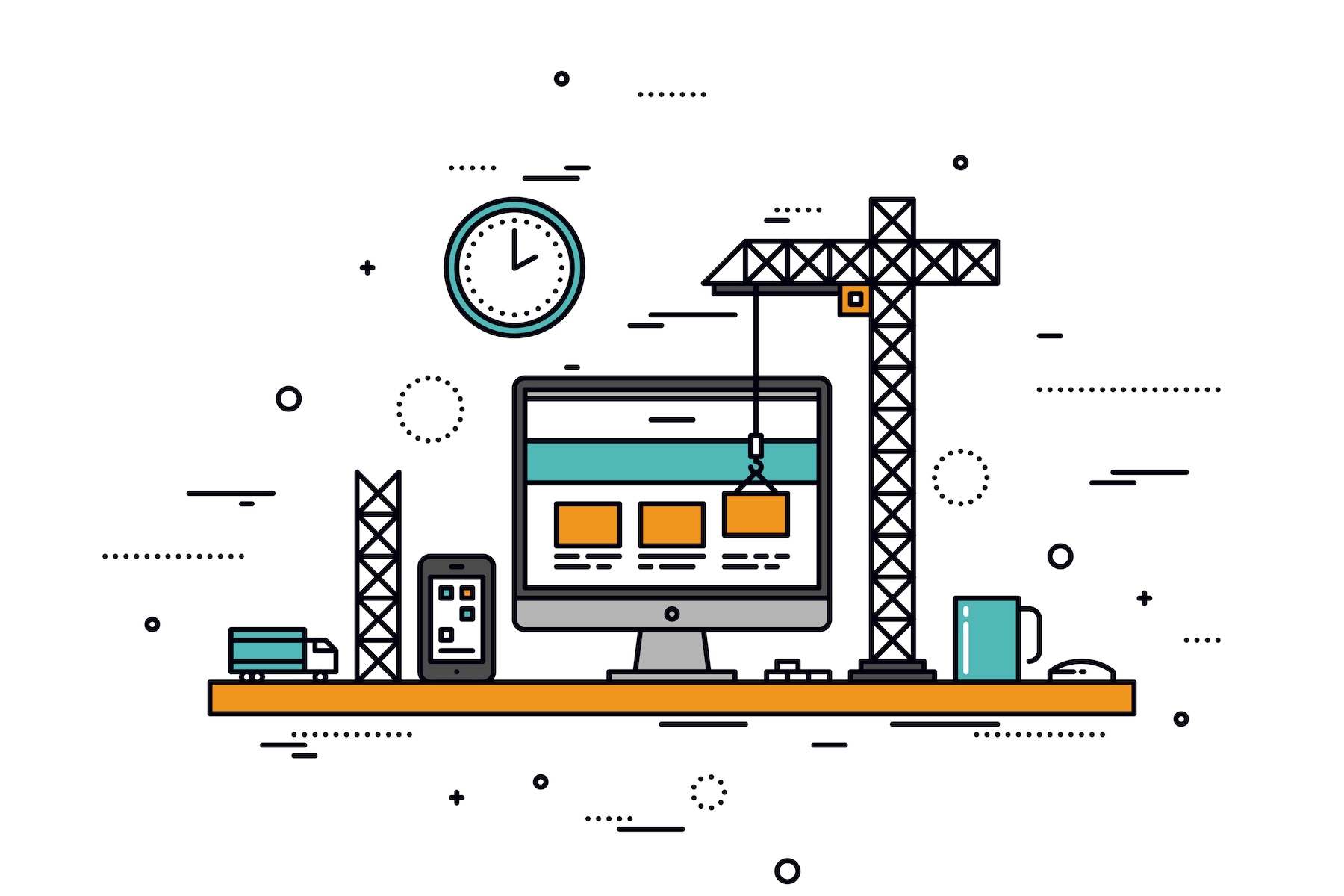Your website is the digital face of your business, and like any asset, it needs regular upkeep to remain effective and efficient. In 2024, maintaining your website is more critical than ever to ensure security, performance, and user satisfaction. Without proper maintenance, even the best-designed websites can fall victim to slow load times, security vulnerabilities, and outdated content. Here’s why ongoing website maintenance is crucial and the key tasks involved in keeping your site running smoothly.
1. Ensuring Security and Protecting Data
One of the most critical aspects of website maintenance is security. Cyber threats are constantly evolving, and a neglected website is a prime target for hackers. Regular updates to your website’s software, plugins, and themes are essential to protect against vulnerabilities. Additionally, implementing strong security measures such as SSL certificates, firewalls, and regular backups can safeguard your data and your customers’ information.
2. Optimizing Performance and Speed
Website performance is a key factor in user experience and SEO rankings. Slow-loading pages can frustrate visitors and lead them to leave your site prematurely. Regular maintenance tasks such as optimizing images, cleaning up unnecessary files, and updating hosting plans can significantly improve your site’s speed and performance. Ensuring your website is responsive and mobile-friendly is also crucial, as more users access the web via mobile devices.
3. Fixing Bugs and Improving Functionality
Over time, websites can develop bugs and errors that affect their functionality. Broken links, missing images, and outdated content can all detract from the user experience. Regularly scanning your website for issues and promptly fixing them ensures that visitors can navigate your site without frustration. Updating plugins and software also helps to prevent compatibility issues and improve the overall functionality of your site.
4. Enhancing User Experience
A positive user experience is essential for retaining visitors and encouraging them to engage with your content. Regular maintenance involves updating and improving your website’s design, layout, and features to meet the evolving needs of your audience. This could include adding new content, improving navigation, and incorporating the latest design trends. By continually enhancing the user experience, you keep your audience engaged and increase the likelihood of conversions.
5. Keeping Content Fresh and Relevant
Content is a critical component of your website, and keeping it up-to-date is vital for maintaining relevance and authority. Regularly adding new blog posts, updating existing content, and ensuring that all information is accurate and current helps to keep your audience informed and engaged. Fresh content also signals to search engines that your site is active, which can improve your SEO rankings.
6. SEO and Analytics
Search engine optimization (SEO) is an ongoing process that requires regular attention. Regular maintenance involves monitoring your website’s performance using analytics tools, identifying areas for improvement, and implementing SEO best practices. This includes updating meta tags, improving site speed, and ensuring your content is optimized for relevant keywords. By continuously optimizing your site for search engines, you can improve your visibility and attract more organic traffic.
7. Compliance and Accessibility
Ensuring that your website complies with the latest regulations and standards is crucial. This includes data protection laws like GDPR, as well as accessibility standards to ensure your site is usable for people with disabilities. Regular maintenance involves staying informed about regulatory changes and updating your website accordingly to remain compliant. This not only protects your business from potential legal issues but also ensures that all users can access and benefit from your site.
8. Cost-Effective in the Long Run
Regular maintenance may seem like an additional expense, but it can save you significant costs in the long run. By proactively addressing issues and keeping your site updated, you can prevent more severe problems that could require expensive fixes. Additionally, a well-maintained website is more efficient and effective, which can lead to higher conversions and better ROI.
Promote Ask the Egghead’s Maintenance Packages
At Ask the Egghead, we understand the importance of regular website maintenance. Our comprehensive maintenance packages are designed to keep your website running smoothly and efficiently. We offer a range of services, including security updates, performance optimization, content updates, and SEO improvements. Our team of experts is dedicated to ensuring your website remains secure, functional, and relevant in an ever-changing digital landscape.
Conclusion
Regular website maintenance is not just a best practice; it’s a necessity for any business looking to succeed online. By ensuring security, optimizing performance, fixing bugs, enhancing user experience, keeping content fresh, and maintaining SEO and compliance, you can keep your website in top shape and provide a superior experience for your visitors. Don’t let your website fall behind—invest in regular maintenance to keep it running smoothly and effectively. For reliable and professional website maintenance services, look no further than Ask the Egghead. Let us help you keep your site in perfect condition, so you can focus on what you do best—growing your business

